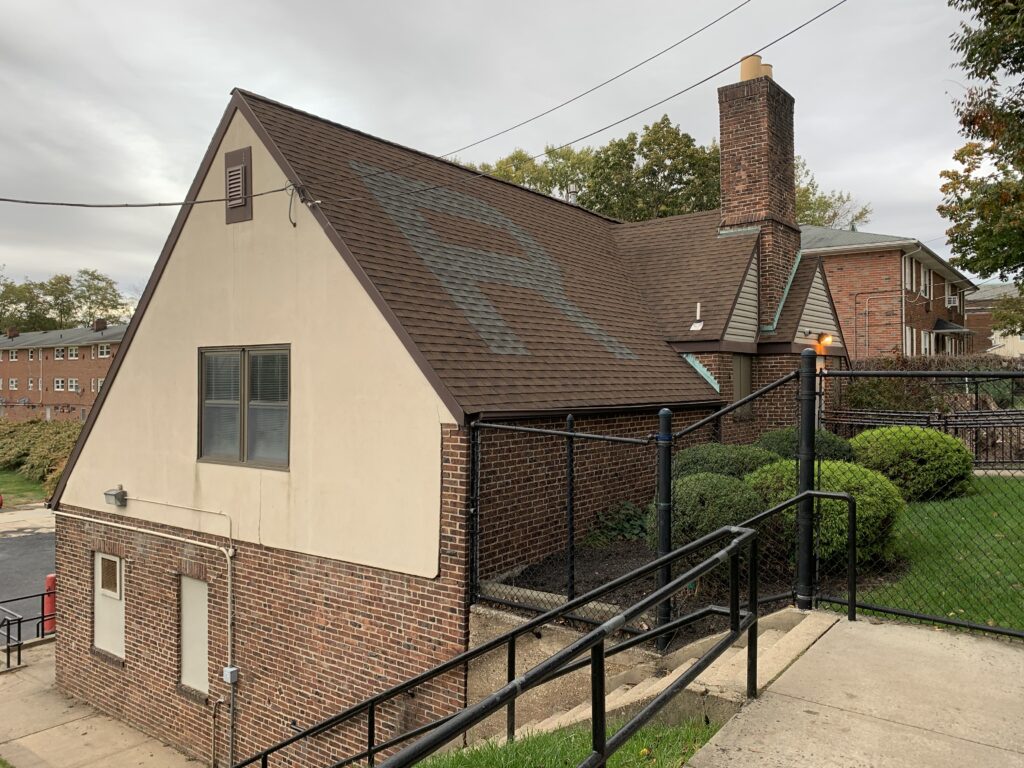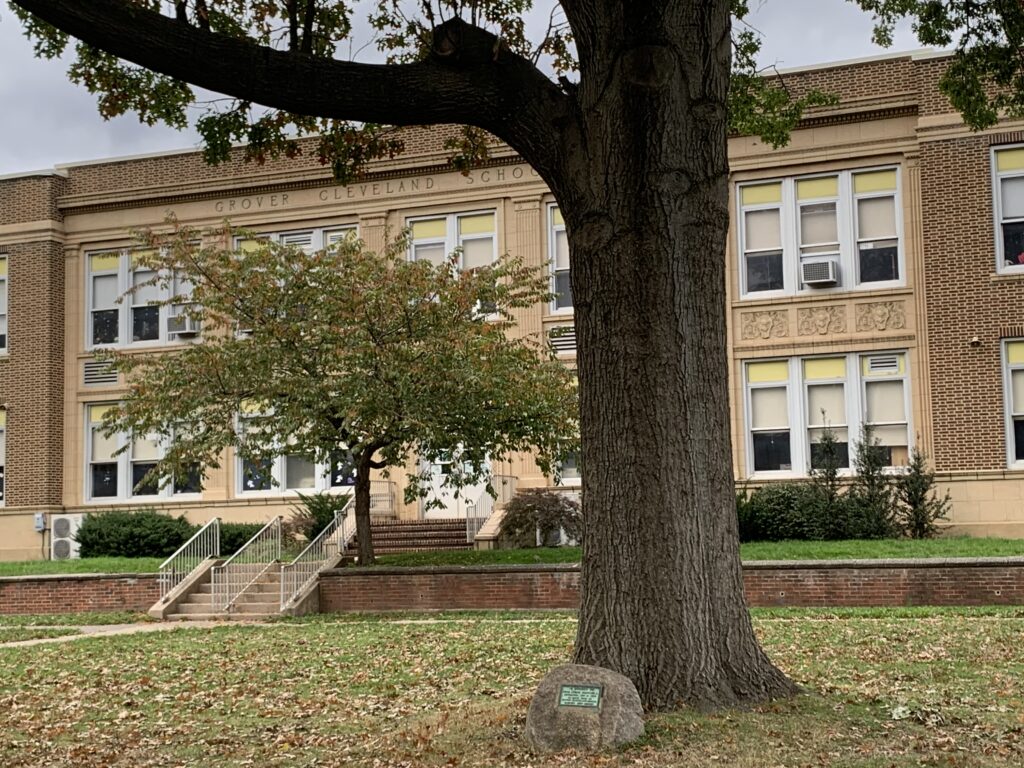
Miss Ann Shotwell
Submitted by Al Shipley, City Historian and Rahway Library Research Consultant
If one were to think of an image of a matronly school attendance officer making her rounds on a bicycle in the early years of the 20th century, thoughts of Almira Gulch, the mean-spirited neighbor of Dorothy who transforms into the Wicked Witch of the West in the classic film, “The Wizard of Oz” might come to mind. In the case of Miss Ann Shotwell, attendance officer for the Rahway Board of Education, however, such an image would be totally misleading. In fact, Miss Shotwell lived such a full life of service to others that she was considered one of the best known and most highly respected citizens in all of Rahway.
Miss Annie, as she was familiarly known, started working for the Board in 1913 when she was already fifty-two years old. She served as attendance officer for twenty-three years and peddled around on a bicycle looking for students who were truant from school – not to punish them, however, but to help them. This was a woman who felt acts of charity and good will were a required duty and whose story is an appropriate one for the approaching season.
The Shotwell family was one connected with the founding history of Rahway. The family was one of Rahway’s pioneer Quaker families, and owned farmland in East Rahway abutting the Trembley Point section of Linden. Shotwells would unite in marriage with the Wood family after whom Wood Avenue in Linden gets its name. Annie, the daughter of Abram F. and Mary Jane Wood Shotwell, was born on the farm on the fourth of July, 1861. By 1890, the family had moved to St. Georges Avenue where they built a large manor house on the north-west corner of Stone Street and became active members of the First Presbyterian Church.
Perhaps it was because of her ancestors’ association with the Quakers or perhaps because of her deep Presbyterian faith that her altruistic spirit was formed. She felt a great need to help the indigent and came to know the needs of each poor family better than anyone else. Because of this earned reputation, citizens wishing to give to those in need would contact her when they had clothes or food to donate. As attendance officer, she would visit the homes of children who were absent from school and would often learn that they were too embarrassed to attend because they didn’t have shoes or nice clothes to wear. It became her practice to carry clothing items on her bike to give the children so they might return to school feeling better about themselves. It was not unusual for Miss Shotwell, after a day of bike-riding, to return home in her stocking feet having given her own shoes to a needy individual. Over the years, those same children she helped had told her how she induced them to go to school and how that changed their lives.

In 1932, the Board of Education, knowing that she would not resign, offered to give her an assistant which she refused contending she could carry-out the work herself. She continued to cover her route by bicycle until 1934 when she finally purchased a car.
Miss Shotwell also served as a librarian in the children’s department at the Rahway Library. Working with youngsters, she had an innate sense of knowing what books each child would enjoy. Parents called upon her to select the titles that would encourage their children to read and credited her with fostering their education.
During the summer months Miss Shotwell supervised the playground activities at Riverside Park now known as Veterans Field. She was a favorite of the children and was held in such high esteem by city officials that when the new field house was being planned, her needs were incorporated in the layout. Built in 1930, the structure, deemed to be one of the most attractive field houses erected in the state, was designed by Seymour Williams, the city’s leading architect at the time. Prominently, it featured a large window on the west side of the building so Miss Shotwell, who by that time was almost seventy, could sit in her office and have a view of all the children playing at the park.
After Miss Shotwell’s passing on September 11, 1936, several tributes were made in her memory. A month after her death, the Rahway Recreation Commission proposed the establishment of a permanent, well-equipped playground “as a fitting tribute to the memory of a woman who devoted her life to work of this type.” Shotwell Park was eventually created behind the public library on Seminary Avenue. The Men’s Club of Grover Cleveland Elementary School planted a memorial tree on the front lawn of the school in appreciation for all the good works she did in helping students succeed. A plaque, set in stone, was placed next to the sapling with the words:
In Memory of
Miss Annie Shotwell
Dedicated October 31, 1937
By Men’s Club of
Grover Cleveland School
Rahway, NJ
The stone and plaque are still there, and the sapling has grown to be a sturdy oak, a symbol of a life well-lived and a life worth emulating.

